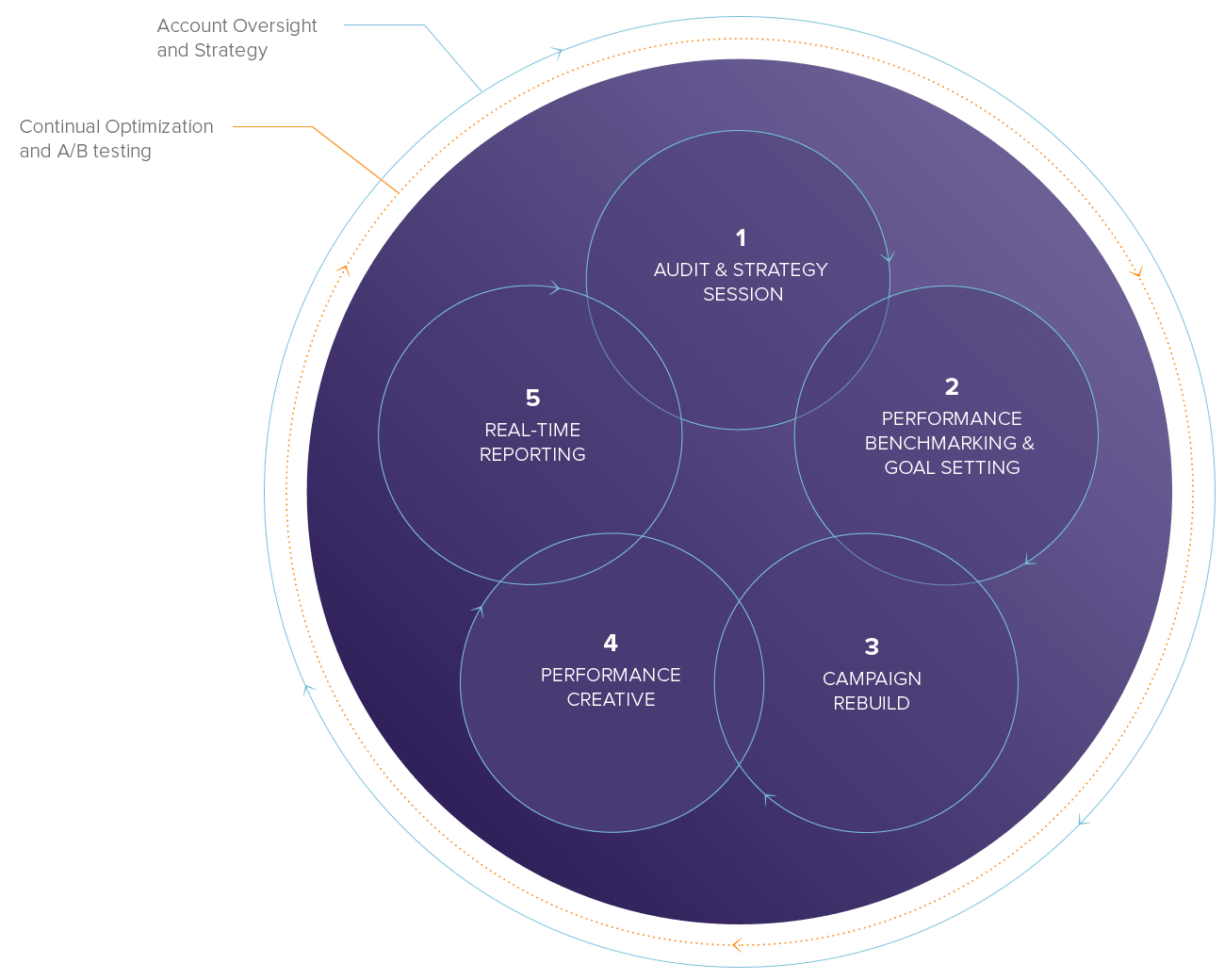SEO Fundamentals – Simplified
Doing business online you know that SEO, or “search engine optimization,” is essential to your success. But many people also believe that SEO is a complex and art that necessitates following a host of mysterious rules in order to be “SEO successful.”
Those people are wrong.
 In order to achieve a high ranking in Google and the other search engines, business people have been known to bend over backward trying to modify their websites to meet what they believe is The SEO Law According to Google. But the truth of the matter is that SEO isn’t as complicated as some practitioners would have you think. There is, in fact, only one rule to SEO success that you need to know: Create the best possible website you can in your business niche.
In order to achieve a high ranking in Google and the other search engines, business people have been known to bend over backward trying to modify their websites to meet what they believe is The SEO Law According to Google. But the truth of the matter is that SEO isn’t as complicated as some practitioners would have you think. There is, in fact, only one rule to SEO success that you need to know: Create the best possible website you can in your business niche.
In other words, stop trying to fool Google, which continues to get better and better at measuring and rating websites.
Google’s algorithm essentially measures the relevance of your site to any specific search term. It accesses your site, tries to figure out what it’s all about, adds it to its index, and then, when people search on terms it thinks your site is about, checks whether yours is the most relevant of all the sites that it finds in its index for that search term.
There are other search engines, but as far as online business goes, if you’re not in Google, you’re not in business. If your prospects search for a phrase that’s relevant to them and to you, and you don’t show up in Google’s search results, you won’t get any traffic. And if you’re a web-based business, you’re not going to survive.
 Not only do you want to show up in Google’s search results, what you’re really vying for is one of the first 10 positions in Google – the only ones that are truly meaningful. Most people don’t go very far past the first page of Google search results. And depending on your business, you may be competing for those 10 positions with thousands of other companies in your field. To make matters even more challenging, know that it’s really the top three or four positions that are the most effective.
Not only do you want to show up in Google’s search results, what you’re really vying for is one of the first 10 positions in Google – the only ones that are truly meaningful. Most people don’t go very far past the first page of Google search results. And depending on your business, you may be competing for those 10 positions with thousands of other companies in your field. To make matters even more challenging, know that it’s really the top three or four positions that are the most effective.
So what’s the secret of securing one of those prize positions? No secret at all. First, you need to determine which keyword is going to bring you into the top 10 and win you traffic … and then you need to build yourself the best possible site around that keyword.
What it’s not about, is trying to trick Google. Yes, you do need to plan and be sure to avoid common SEO pitfalls. But people used to stuff keywords into their meta tags, they used to think that a certain percentage of their text had to use that keyword, they used to believe that the length of their title tag had to have a certain number of characters and so on. Today, that’s mostly nonsense. The Google folks will tell you that what you need to do is make the best site around your topic.
So what do you do if you think you already have a great website, but when you search for yourself on Google, you’re not in the top 10? Maybe you’re not even in the top 100. Do you go to an SEO expert, or is that something you can fix yourself?
Our best advice is to analyze the sites that are showing up on Google and determine what they have that your site does not. That will tell you what Google and users find relevant. And then go ahead and do it even better.
You have to be ready to invest time – and maybe some money – to create content or have it created for you. You don’t necessarily have to hire somebody to do that if you think it’s something you can manage yourself. This isn’t rocket science, it’s determining which keywords people are searching on. There are free tools such as the Google Adwords Keyword Tool (you can search for it), that can help you do that.
It’s easy enough to put search terms into Google and see how many sites come up so you know what the competition is. If it tells you there are 500,000 sites, you know it’s a pretty competitive term. And if you’re vying for the top three or four search positions, you’d better have one heck of a website. Or you can explore other search terms that have more reasonable competition.
The bottom line is that your goal is to continuously provide the best user experience with the most information in your niche in the most usable, relevant, accessible way. Add multiple types of content – video, blogs, images, and so on. Don’t let your site get stale. Add content that’s better and more current that your competitors’. Be the best website you can be.
If you want to pay an expert to analyze your site, go ahead. But if anyone tells you that the solution is formulaic, run away as fast as you can.
Note: This article is based on the original, published in LIBN.com on Aug 2, 2012: SEO is Not Rocket Science/
Click here to Download the OpenMoves FREE SEO Cheat Sheet today!












